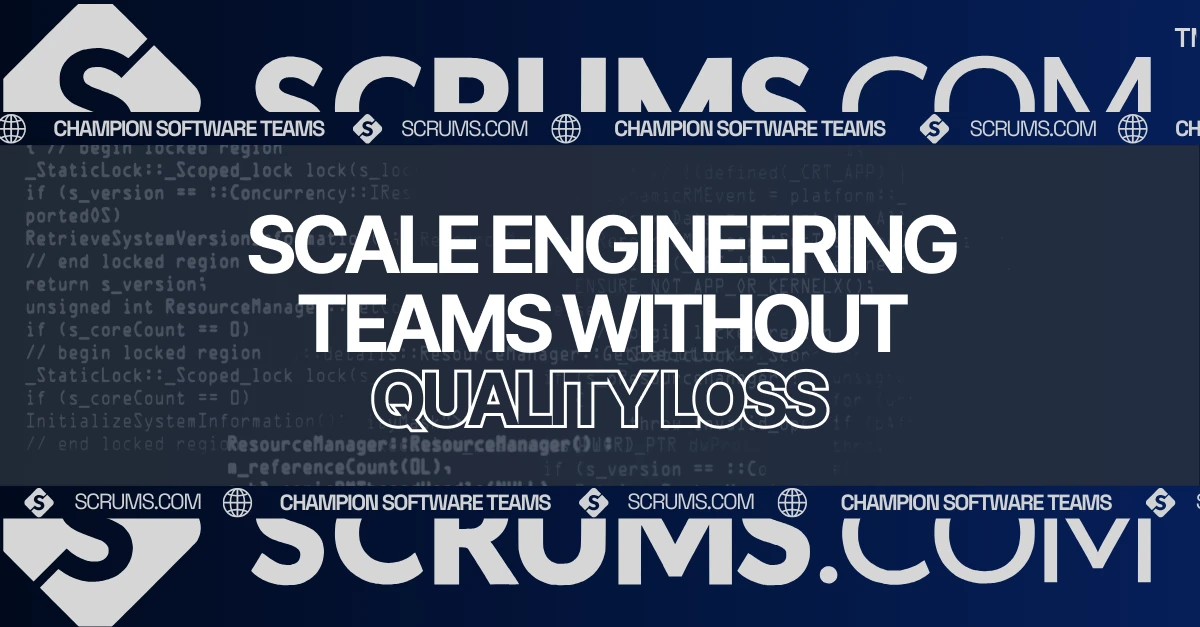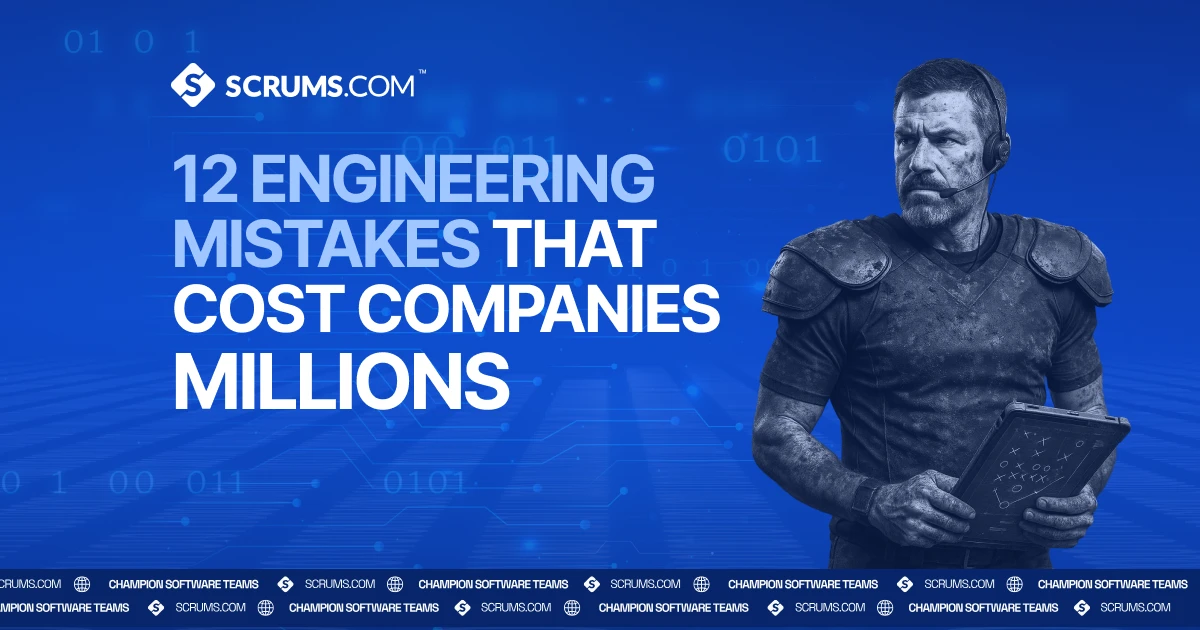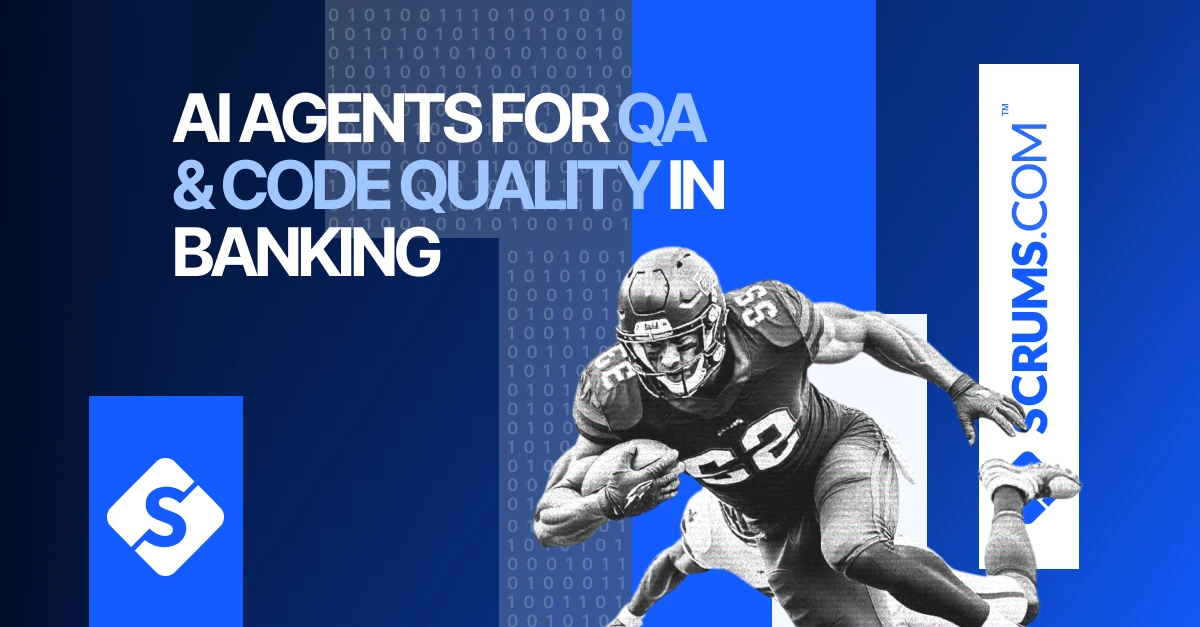What is AI MCP?
About AI MCP (AI Model Customization Platform)
AI MCP stands for AI model customization platform — a specialized framework or toolset that enables users to fine-tune, optimize, and deploy large language models (LLMs) or other AI systems for specific domains, workflows, or enterprise use cases. These platforms are designed to bridge the gap between general-purpose AI models and production-ready applications that reflect a company’s proprietary data, compliance requirements, and performance goals.
These platforms increasingly connect to broader ecosystems like an AI Agent Marketplace, enabling businesses to deploy tailored models inside autonomous agents that can be reused or extended. The orchestration of these models often relies on an AI Agent Gateway to securely route tasks and maintain visibility across environments.
In the realm of AI in software development, AI MCPs are pivotal in operationalizing AI by enabling development teams to build more targeted, aligned, and efficient models. Rather than relying on generic capabilities, businesses can tailor AI models to their industry, tone, coding standards, or internal logic, unlocking significantly more value from their AI investments.
How Does an AI MCP Work?
An AI model customization platform typically supports a range of features and services that allow teams to adapt pre-trained foundation models to their specific needs.
1. Data Integration
AI MCPs allow teams to ingest and manage domain-specific data securely. This data serves as the basis for fine-tuning the model or creating embeddings that guide its behavior.
2. Prompt Engineering and Tuning
Advanced interfaces support the design and testing of prompts, chains, or task flows, allowing engineers to guide the model toward desired outputs in coding, analysis, or customer interactions.
3. Model Fine-Tuning or Parameter-Efficient Tuning
MCPs support techniques like LoRA (Low-Rank Adaptation), QLoRA, or full fine-tuning to improve model accuracy without retraining from scratch.
4. Tool and API Integration
An effective MCP integrates with APIs, dev environments, and production systems, enabling AI assistants to act intelligently within apps, internal tools, or pipelines.
5. Monitoring and Evaluation
Robust MCPs include dashboards for performance monitoring, error analysis, and compliance checks, which are vital for responsible AI use in enterprise settings.
In short, an AI MCP empowers developers and data teams to go beyond off-the-shelf AI, enabling scalable, intelligent systems tailored to real business needs.
Benefits of an AI MCP
Custom Intelligence
Unlike generic AI models, MCPs deliver results that reflect your language, rules, and customers, making the outputs more trustworthy and actionable.
Improved Engineering Efficiency
For software engineers, AI MCPs streamline everything from code generation to DevOps automation, increasing development speed without sacrificing quality.
Enterprise-Grade Control
MCPs provide access control, logging, and auditing—all essential for deploying AI in regulated industries like finance, healthcare, and cybersecurity.
Scalable AI Use Cases
MCPs unlock more complex AI use cases, such as:
- Legal document summarization
- AI code reviewers tailored to internal standards
- Customer service agents aligned with the brand tone
- Smart assistants that automate developer onboarding
Business Alignment
AI systems built on MCPs are aligned with strategic objectives — improving KPIs like customer retention, cost reduction, or time to market.
Examples of AI MCPs in Action
- OpenAI’s Custom GPTs: Tools that allow organizations to create specialized GPTs trained on internal docs, support tickets, or source code.
- Cohere’s Command R+: An enterprise-grade LLM with robust customization via embeddings and retrieval-augmented generation (RAG).
- AWS Bedrock or Azure OpenAI: Managed services where enterprises can fine-tune foundation models while maintaining control over data governance.
- Mistral and LLaMA Variants: Deployed via open-source MCPs for local or secure environments, allowing fine-tuned models for dev, legal, or compliance teams.
Challenges of AI MCPs
Data Sensitivity
MCPs often require uploading proprietary datasets, raising privacy, compliance, and IP protection concerns that must be addressed.
Skill Set Demands
Effectively using an AI MCP requires skills in prompt engineering, fine-tuning, evaluation, and pipeline orchestration, which not all teams may have in-house.
Cost Management
Training, tuning, and deploying customized models is more resource-intensive than using base models. Costs can grow rapidly without careful monitoring.
Evaluation Complexity
Evaluating a custom model’s effectiveness, especially across diverse tasks, requires rigorous benchmarking and human-in-the-loop feedback loops.
Integration Overhead
Deploying custom models across real-world tools like Jira, GitHub, Slack, and internal APIs requires thoughtful integration design and dev effort.
Impact on the Development Landscape
Enabling AI-First Development
MCPs are central to the AI-first engineering movement, where AI is embedded into design, development, and deployment from day one.
Componentized AI Workflows
By enabling modular AI components (e.g., agents, retrievers, evaluators), MCPs make it easier for software engineers to build reusable pipelines and scalable AI systems.
From Assistant to Platform
With an MCP, companies can build their own internal AI assistants that go beyond general queries to perform complex, context-aware work across departments.
MCPs support iterative experimentation and real-world testing, enabling faster rollout of AI use cases across product, customer experience, and engineering.
Other Key Terms
Model Fine-Tuning
The process of training a pre-trained model on new, domain-specific data to improve its performance on targeted tasks.
Retrieval-Augmented Generation (RAG)
A technique where the AI model uses external knowledge sources to answer queries, improving accuracy and contextual relevance.
Embeddings
Vector representations of text or code that allow models to “understand” meaning and similarity are essential for semantic search and content recommendations.
LoRA (Low-Rank Adaptation)
A technique used in model customization that enables efficient fine-tuning of large models without modifying all parameters.
Inference Endpoint
An API-based deployment method where a fine-tuned model can be called for predictions and used in real-time applications.
Common FAQs Around this Tech Term
AI MCP stands for AI Model Customization Platform — a system for adapting general-purpose AI models for domain-specific use.
Unlike basic AI tools that offer general capabilities, MCPs allow teams to fine-tune models, control their behavior, and integrate them directly into products or workflows.
Not necessarily — many MCPs offer low-code or no-code interfaces. However, ML expertise is beneficial for tuning, evaluation, and scaling.
Yes. Many MCPs support the creation of developer-focused assistants that generate code, review pull requests, or manage infrastructure tasks.
Reputable MCPs offer data encryption, isolation, and governance features. Always choose providers that meet your compliance standards.
Explore Software Development Blogs
The most recent trends and insights to expand your software development knowledge.








